Arm Sales for India
With India planning to buy $100 billion worth of new weapons over the next ten years, arms sales may be the best way to revive Washington's relationship with New Delhi, its most important strategic partner in the region.
 Courtesy:
Courtesy:
With India planning to buy $100 billion worth of new weapons over the next ten years, arms sales may be the best way to revive Washington's relationship with New Delhi, its most important strategic partner in the region.
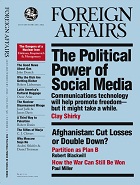 Courtesy:
Courtesy:
There are no easy or cost-free ways to escape the current quagmire in Afghanistan. Although it has problems, a de facto partition of Afghanistan, in which Washington pursues nation building in the north and counter terrorism in the south, offers an acceptable fallback.
 Courtesy: Mike Russia/Wikipedia
Courtesy: Mike Russia/Wikipedia
Although freeing Aung Suu Kyi may allow Burma’s military leaders to escape scrutiny for now, their budding nuclear ambitions could rejuvenate international interest in placing pressure on their regime.
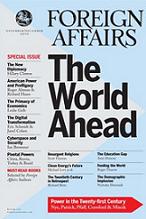 Courtesy:
Courtesy:
A major strategic challenge for the United States in the coming decades will be integrating emerging powers into international institutions. To hold the post war order together, the US will have to become a more consistent exemplar of multilateral cooperation.
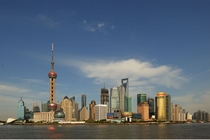 Courtesy: Pyzhou
Courtesy: Pyzhou
In a bid to end its dependence on foreign intellectual property and become a global power in science and technology, China is attempting to foster indigenous innovation. Are the U.S. government and business community right to be worried about threats to free trade and intellectual property rights?
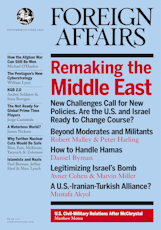 Courtesy:
Courtesy:
The world’s leading international institutions may be outmoded, but Brazil, China, India, and South Africa are not ready to join the helm. Their shaky commitment to democracy, human rights, nuclear nonproliferation, and environmental protection would only weaken the international system’s core values.
Conventional wars are won by capturing territory, but counterinsurgencies are won by holding it. Rather than rushing to open new fronts against the Taliban, Pakistan must now focus on keeping the territory it has already cleared
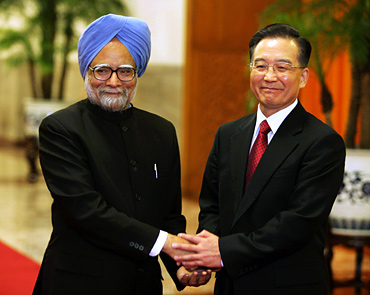 Courtesy:
Courtesy:
Tensions over visas and diplomatic standoffs between India and China serve as a precursor for the bitterness that will ensue in their relationship unless there are significant advances in the bilateral relationship
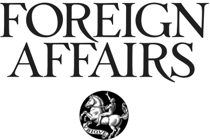 Courtesy: Foreign Affairs
Courtesy: Foreign Affairs
The global financial crisis has had detrimental effects on banking and personal finance systems across the globe. Will this crisis affect remittances, thereby disturbing the lives of several million people dependent on their relations' earnings abroad?